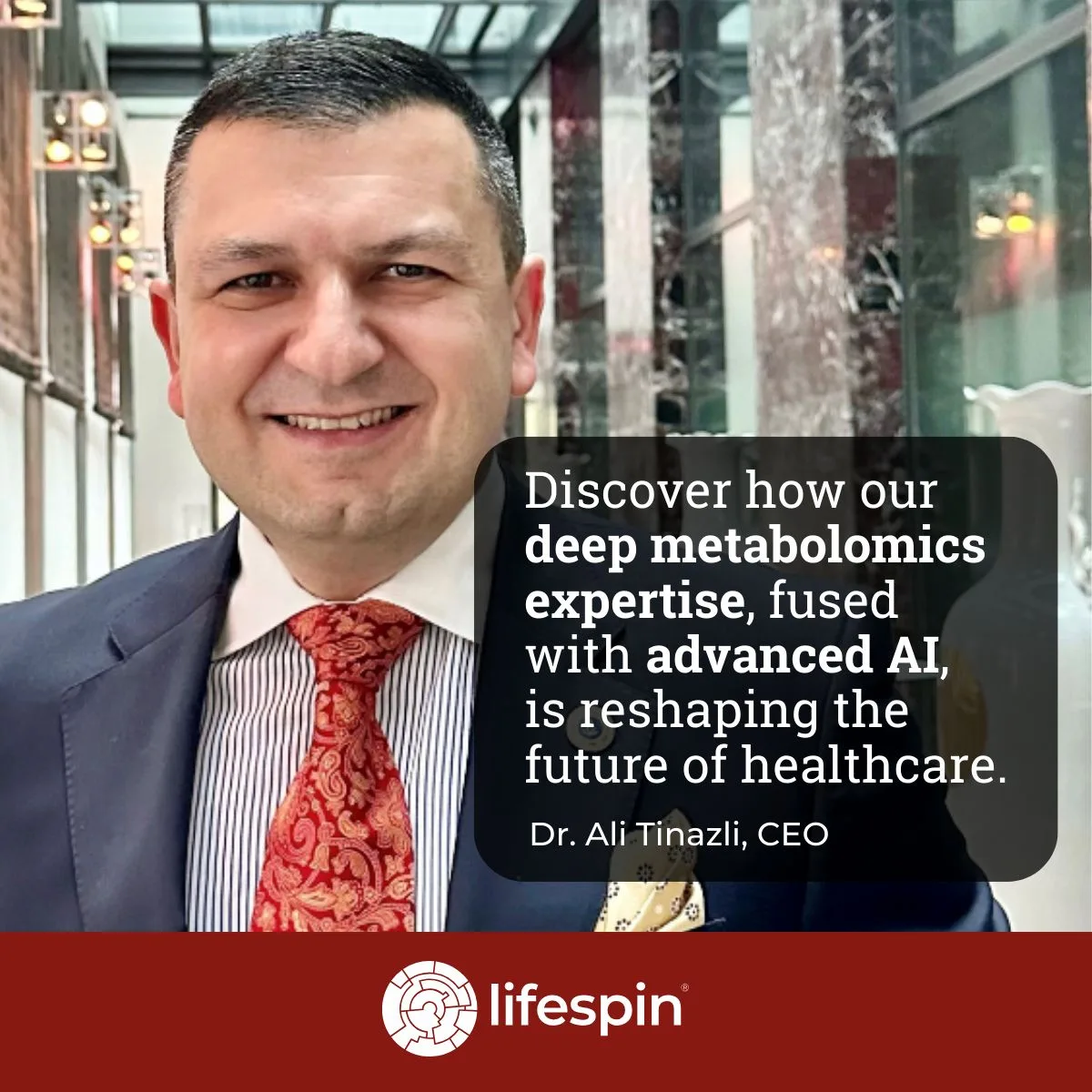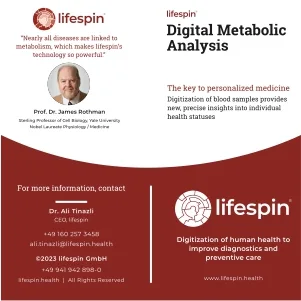Technological developments are continuously changing the landscape of drug research, testing, and discovery in the quickly changing area of pharmacy. The “organ-on-a-chip” technology is one such ground-breaking invention with enormous promise. I am a pharmacy student, and I am fascinated by the potential for pharmaceutical research advancement that this innovative approach presents. This Article will examine the realm of organ-on-a-chip technology and consider how it may affect pharmacy practice in the future.
Understanding Organ-on-a-Chip Technology
The field of organ-on-a-chip technology focuses on creating tiny, bioengineered devices that closely resemble the composition and capabilities of human organs. These small chips, which are frequently the size of a memory stick from a computer, are made to mimic the complex physiological settings that are present in particular organs, like the kidneys, liver, heart, and lungs. Researchers may establish realistic microenvironments that enable in-depth investigations of organ responses to medications, poisons, and diseases by integrating living human cells onto these chips.
The great scope of organ-on-a-chip application in pharmacy is evident from the fact that the implications are not just limited to a single aspect. Let us explore some key areas where this innovative approach is poised to make a significant impact.
Drug Discovery and Development
Organ-on-a-chip platforms provide a more accurate representation of human physiology compared to traditional cell cultures and animal models. For example, Emulate Inc., who is involved in organ-on-a-chip technology, has formulated a lung-on-a-chip model which has the functions of the human lung, including breathing and forming the lining of airway. This technology allows researchers to study the effects of potential drug candidates on lung function in a more realistic and predictive manner. Such a breakthrough is vitally important as it gives researchers all the necessary information about the drug candidates’ effectiveness and safety from the very beginning of the preclinical testing process. That, in turn, leads to a reduction in the time, cost and ethical considerations of the preclinical testing stage.
Personalized Medicine
The organ-on-a-chip technology can initiate the idea through which personalized medicine can change more aimed at patient recovery. By utilizing patient-specific cells, these chips can mimic individual responses to drugs and help tailor treatment plans accordingly. Case in point, researchers from the Wyss Institute for Biologically Inspired Engineering, Harvard University, have developed a gut-on-a-chip model by culturing intestinal cells from an individual patient sample. This personalized approach allows for the testing of various drug compounds on an individual’s gut model, enabling healthcare providers to make informed decisions about the most effective treatment options for that specific patient.
Disease Modeling
This technology has proven to be very practical in disease condition replication, where complexity of the disease such as cancer, cardiovascular problems and breathing problems is repetitive. For instance, researchers at the University of California, Los Angeles (UCLA) have developed a liver-on-a-chip model that mimics the functions of a human liver, including drug metabolism and toxicity. The model enables the study of liver diseases, including hepatitis, against realistic environment and also allows for testing of different therapeutic drugs. By simulating disease states on a chip, scientists can gain valuable insights into the intricate interactions between cells, tissues, and drugs, paving the way for innovative therapeutic interventions.
Toxicology and Safety Assessment
Assessing the toxicity and safety of chemicals, cosmetics, and pharmaceuticals is a crucial aspect of drug development. Organ-on-a-chip modelling gives a more faithful simulation of the in vivo organ responses than other platforms; hence, researchers can avoid possible toxicity and hazards during early stage of new drug development. For example, the company TissUse has developed a multi-organ-on-a-chip system that incorporates various organ models, including liver, kidney, and skin. The integrated platform enables not only the assessment of the systemic toxicity core of the medicinal molecules but also allows appraising of the drug-drug interactions across several organs and, therefore, provides greater comprehension of how safe the drug is.
Challenges and Future Directions
While organ-on-a-chip technology shows immense promise, several challenges need to be addressed to fully harness its potential. These hurdles include the call for standardization in chip design, the need to enhance the scalability of production, the improvement of the complexity of the organ models, and developing a system to interface multiple organ chips together to represent the intricacy of the human body. Collaborative efforts between researchers, engineers, and regulatory bodies are essential to overcome these challenges and unlock the full potential of this technology.
Also Read: The Promise of Biotechnology: A Revolution in Diagnosis, Treatment, and Prevention
As a pharmacy student, I am fascinated by the possibilities that organ-on-a-chip technology brings to the field. It has the unique ability to remake the face of drug discovery, personalized medicine, disease modelling and toxicology assessment. While challenges remain, ongoing research and innovation in this area hold the promise of transforming the way we understand and approach pharmaceutical research. By implementing organ-on-a-chip method, it is possible that we are witnessing the start of an age that will be driven by the accuracy, maximization of resources and better patient outcomes. As we continue to explore the potential of this technology, let us embrace the opportunities it presents and work together to shape the future of pharmacy.












